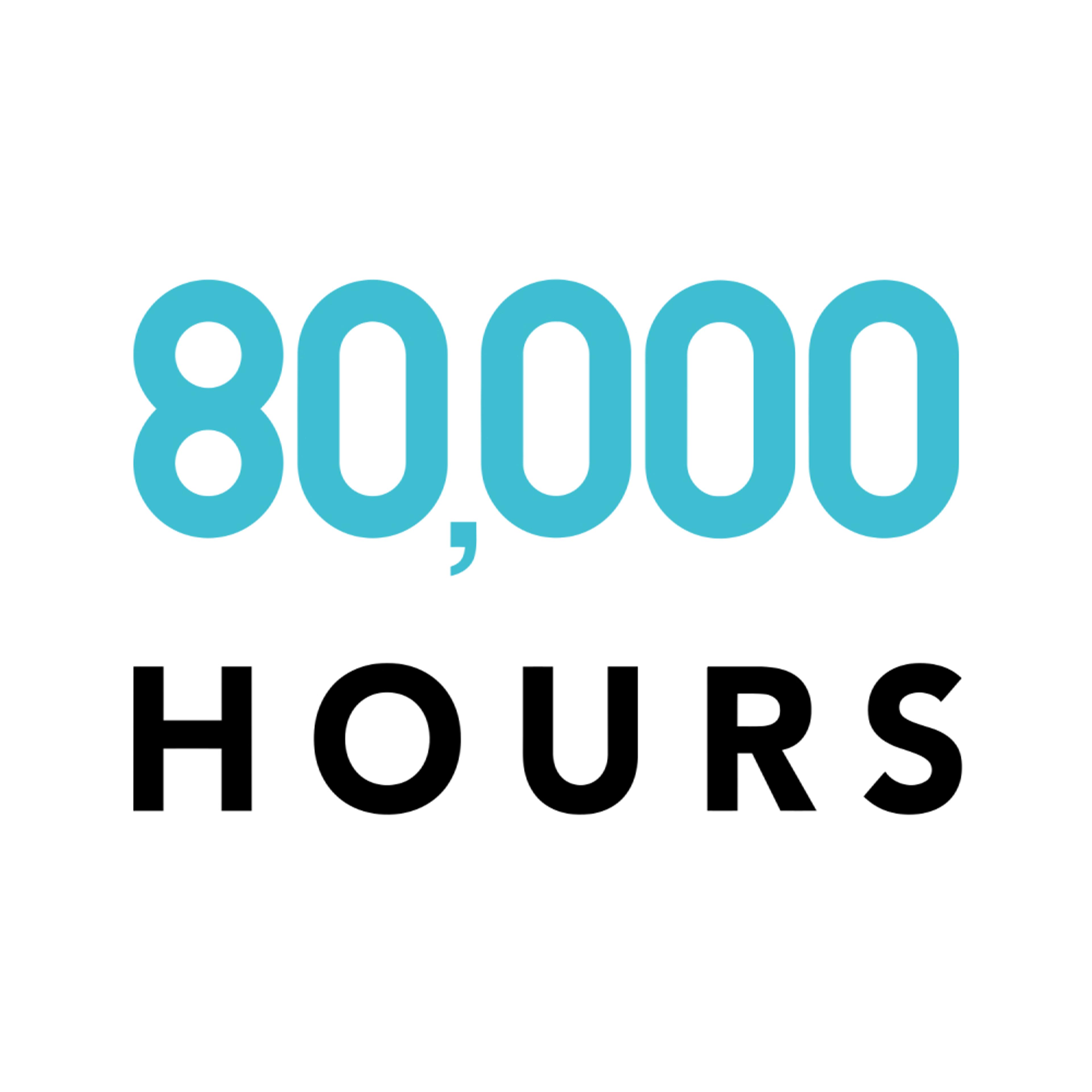
80,000 Hours
High-Impact Careers Support
80,000 Hours facilitates high-impact careers by providing research and support to help people switch into careers that effectively tackle the world's most pressing problems.

What problem is 80,000 Hours working on?
You have 80,000 hours in your career: 40 hours per week, 50 weeks per year, for 40 years.
That’s a huge amount of time, making your career (and the donations it could allow you to make) your best opportunity to have a positive impact on the world.
So how can you best spend those hours?
What does 80,000 Hours do?
80,000 Hours aims to solve the most pressing skill bottlenecks in the world’s most pressing problems.
It does this by providing research and support to help people switch into careers that effectively tackle these problems.
In more depth, 80,000 Hours:
- Carries out research to identify the careers that best solve these problems.
- Produces online content to inform people about these opportunities and how to enter them. They create problem profiles for cause areas, reviews of different career paths, and career planning resources like our career guide.
- Maintains a job board which curates promising opportunities for impact and career capital.
- Hosts a podcast where they have in depth conversations with experts working in different high impact areas.
- Gives one-on-one support to help the most engaged readers enter the path that’s the best fit for them by providing advice, introductions, and placements into specific jobs.
80,000 Hours is a nonprofit funded by philanthropic donations, and all of its programmes are free.
Its advice is currently tailored to graduates aged 20–35 who want to ambitiously focus on social impact, though much of its advice is useful to a broader audience.
What information does Giving What We Can have about the cost-effectiveness of 80,000 Hours?1.
The impact-focused grantmaker Longview has made grants to 80,000 Hours based on Longview’s assessment that 80,000 Hours is highly cost-effective.
Note that we, 80,000 Hours, and Longview are all part of Effective Ventures — see our transparency page.
At Giving What We Can, we focus on the effectiveness of an organisation's work -- what the organisation is actually doing and whether their programs are making a big difference. Some others in the charity recommendation space focus instead on the ratio of admin costs to program spending, part of what we’ve termed the “overhead myth.” See why overhead isn’t the full story and learn more about our approach to charity evaluation.